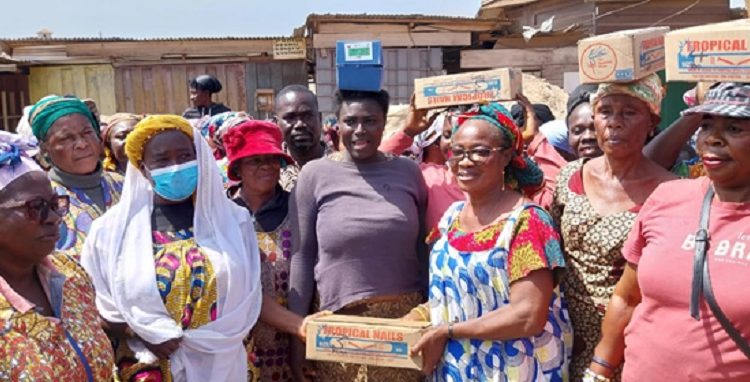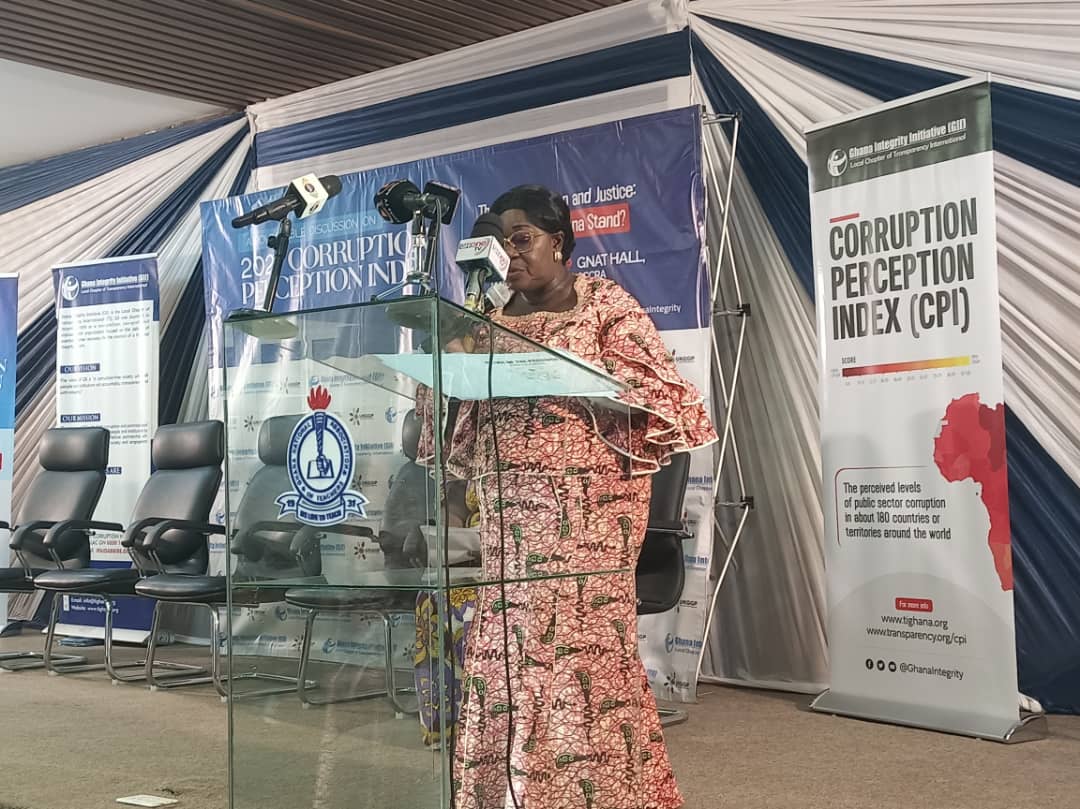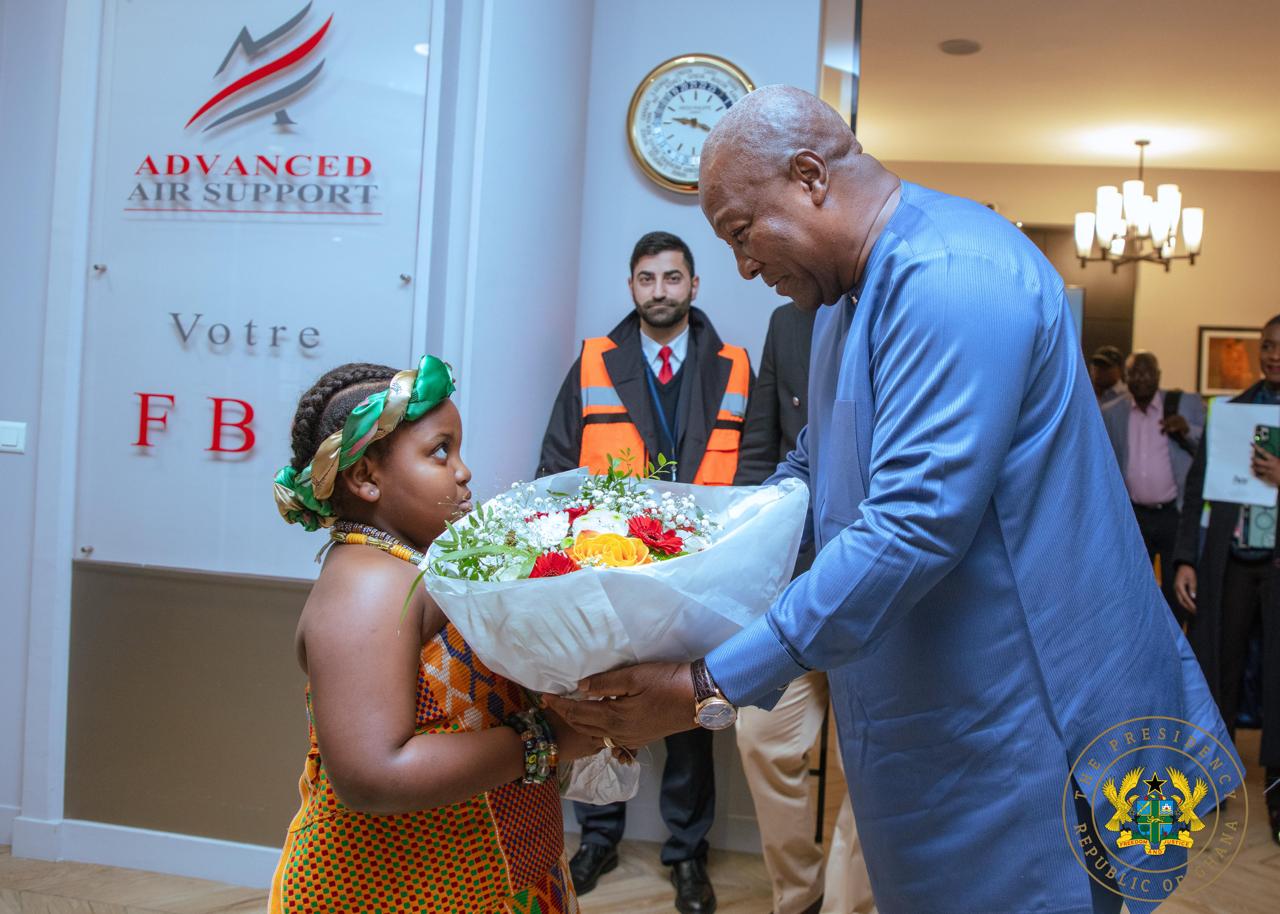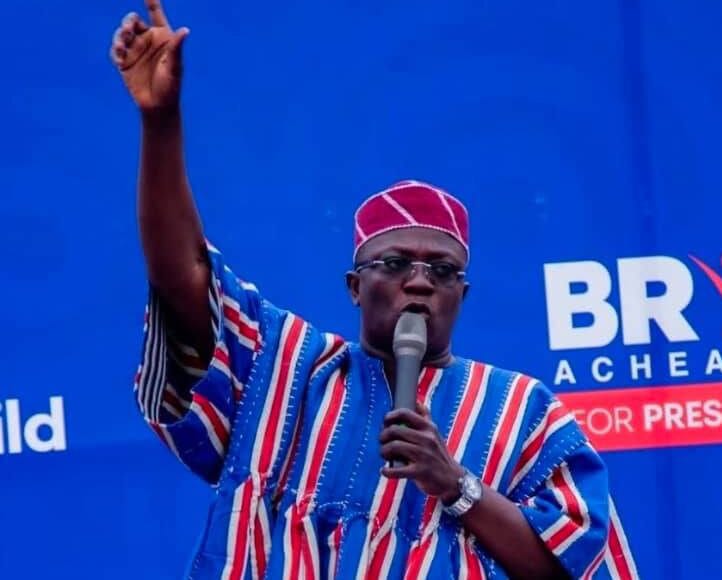


Mr Julius Debrah, Chief of Staff, has urged Ghana’s diplomatic corps to make it their mission to promote Ghanaian products abroad.
He stressed that even championing one local product on their duty tours would significantly advance the country’s export drive.
Mr Debrah, speaking at the opening of the fourth Made-in-Ghana Bazaar at the Accra International Conference Centre on Thursday, said President John Dramani Mahama’s Accelerated Export Development Drive was not rhetoric but a bold policy direction designed to reduce Ghana’s dependence on imports and build a more resilient economy.
“The truth of the matter is that no country will do well if you don’t export much. If you become an import-dependent economy, naturally you are failing,” he said.
The Chief of Staff advocated, “Even if it is only Ghanaian chocolate, let it be your mission that someone in your host country comes to know it, tastes it, and imports it. That alone will make you a very successful envoy of Ghana.”
He urged Ambassadors, High Commissioners and foreign representatives to embrace the President’s vision by deliberately pushing Ghanaian goods and attaching compelling narratives to them to generate international interest.
The Made-in-Ghana Bazaar, initiated in 2018 as a flagship programme of the Ministry of Foreign Affairs, has been institutionalised as an annual event.
This year’s edition is being held on the theme: “Championing Economic Diplomacy: Connecting Producers, Markets, and Opportunities.”
The three-day event has convened Ghanaian producers, foreign diplomats, trade experts and business associations to showcase processed cocoa, shea butter, textiles, handicrafts, value-added minerals, and other locally manufactured products.
Mr Debrah noted that everyday Ghanaian products often carry powerful cultural stories and symbolism which, if well packaged and told, could captivate international audiences and open new markets.
He said even a simple woven cloth, when presented with a compelling narrative about its positive meaning and influence, could amaze and attract buyers abroad.
“I was wondering if our Foreign Ministry could take the Ghanaian kente stole and add some special story about it. Don’t you think people will buy it?” he questioned.
The Chief of Staff said the time had come for Ghanaians to take pride in their own products as was the case in the 1970s under General Kutu
Acheampong’s administration when most household items on the market were locally produced.
“This situation where almost everything we use is imported will not take us anywhere,” he said, and that “If we do not do it for ourselves, nobody will do it for us.”
Mr Debrah challenged the Ministry of Trade, agribusiness, industry and foreign affairs to deepen collaboration by campaigning and educating citizens to patronise made-in-Ghana goods, noting that such collective efforts would build a stronger economy and create jobs.
He also commended organisers of the Bazaar, and said, “You’ve heard the President talk about reset, reset, reset. All he is saying is that as our generation, let us be remembered for the bold initiatives we took to change our country,” he added.
Mr Samuel Okudzeto Ablakwa, Minister of Foreign Affairs, whose speech was read by the Deputy Minister of Foreign Affairs, Mr James Gyakye
Quayson, said the Made-in-Ghana Bazaar had become an important tool for Ghana’s economic diplomacy, providing platforms to promote Ghanaian goods and services to global markets through its network of Missions abroad.
He announced that in the newly launched Key Performance Indicators (KPIs) for Heads of Mission, the use and promotion of Ghanaian products would form part of their assessment.
“The Bazaar is relevant and appropriate, especially considering recent geopolitical dynamics marked by rising protectionism and tariff impositions that have forced countries to reassess their strategic priorities,” Mr Ablakwa said.
He added that, “Governments are now consciously promoting trade missions, fairs, and exhibitions to secure new markets. Ghana cannot be left behind.”
The Minister outlined government’s flagship programmes designed to boost industrialisation, diversify the economy and create jobs, including the Rapid Industrialisation for Jobs Initiative to revive strategic industries, the Women in Trade, Agribusiness and Industry Programme to empower women entrepreneurs, the Accelerated Export Development Programme (AEDAC), and the National Apprenticeship and Adwumawura programmes aimed at equipping youth with skills and fostering entrepreneurship.
He noted that the government had created the Women’s Development Bank with seed funding of GH¢57.3 million to provide low-interest loans to women entrepreneurs and support their participation in trade.
“We are supporting Ghanaian companies in cosmetics, food, beverages, coconut oil and garments to secure AfCFTA Rules of Origin certification so that they can take full advantage of the continental market,” Mr Ablakwa said.
He added that Ghanaian Missions abroad had already collaborated with the Ghana Export-Import Bank (GEXIM) to establish Made-in-Ghana Corners in 12 Missions, with plans to expand to all Missions in the near future. These Corners are expected to evolve into permanent Made-in-Ghana shops in countries of accreditation.
According to the Minister, targeted market intelligence carried out by Ghana’s Missions had identified significant interest in palm oil, cashew nuts, cocoa products, shea butter, textiles, organic cosmetics, beverages and even agricultural tools produced in Ghana.
Reports from African Missions highlighted demand for products from GIHOC Distilleries, Kasapreko, Joy Industries, and Crocodile Machetes Ghana.
Source: GNA
The post Chief of Staff urges envoys to champion Made-in-Ghana exports appeared first on Ghana Business News.
Read Full Story















Facebook
Twitter
Pinterest
Instagram
Google+
YouTube
LinkedIn
RSS